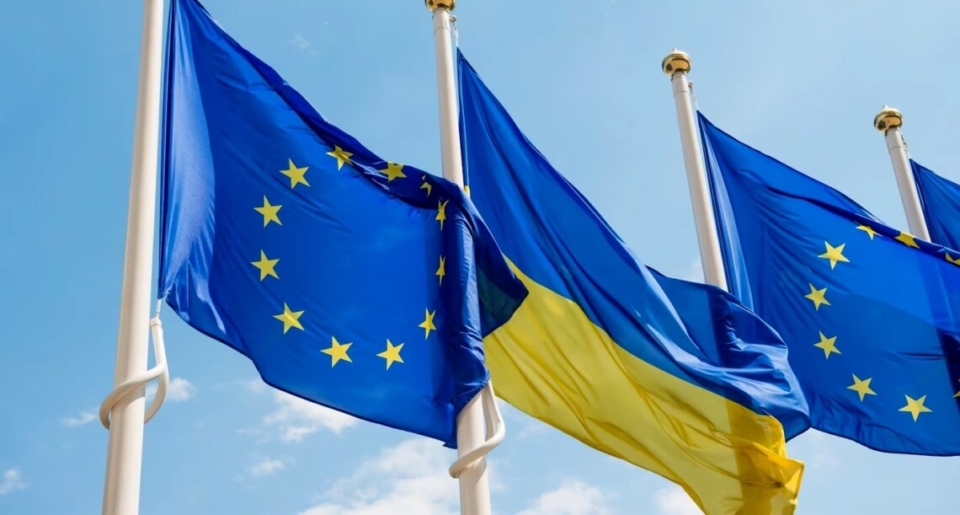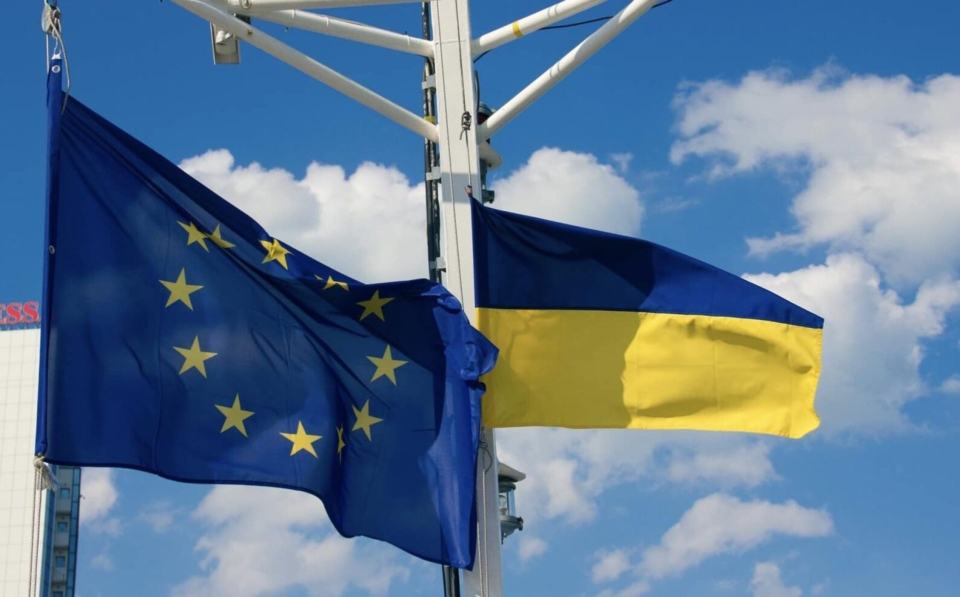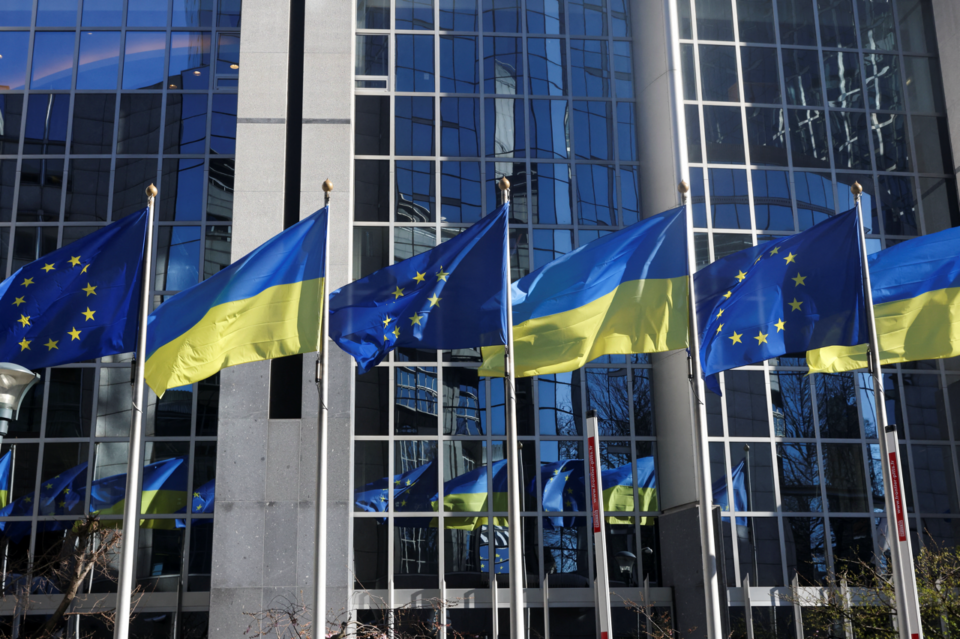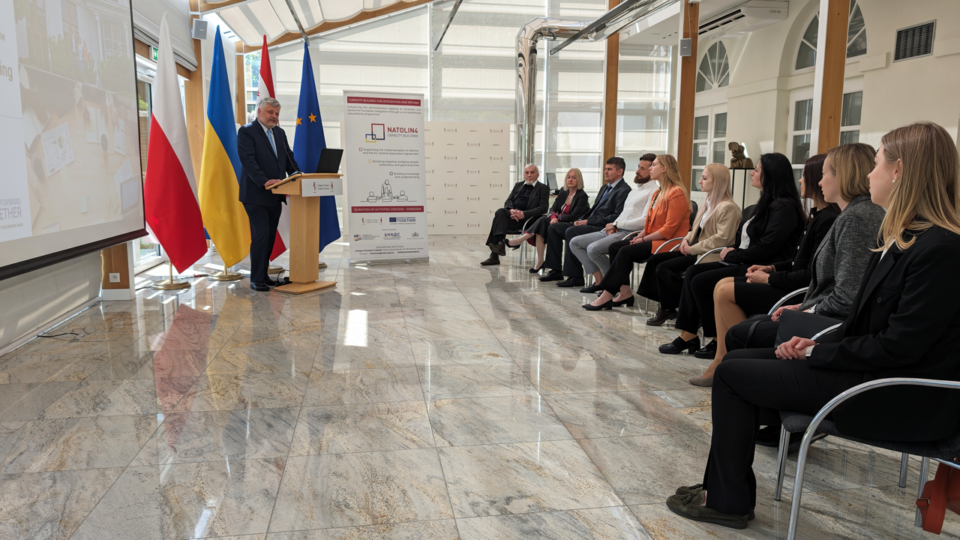Olha Stefanishyna informed about European integration opportunities for regions at the Congress of Local and Regional Authorities
Наш шлях до ЄС
13.04.2024
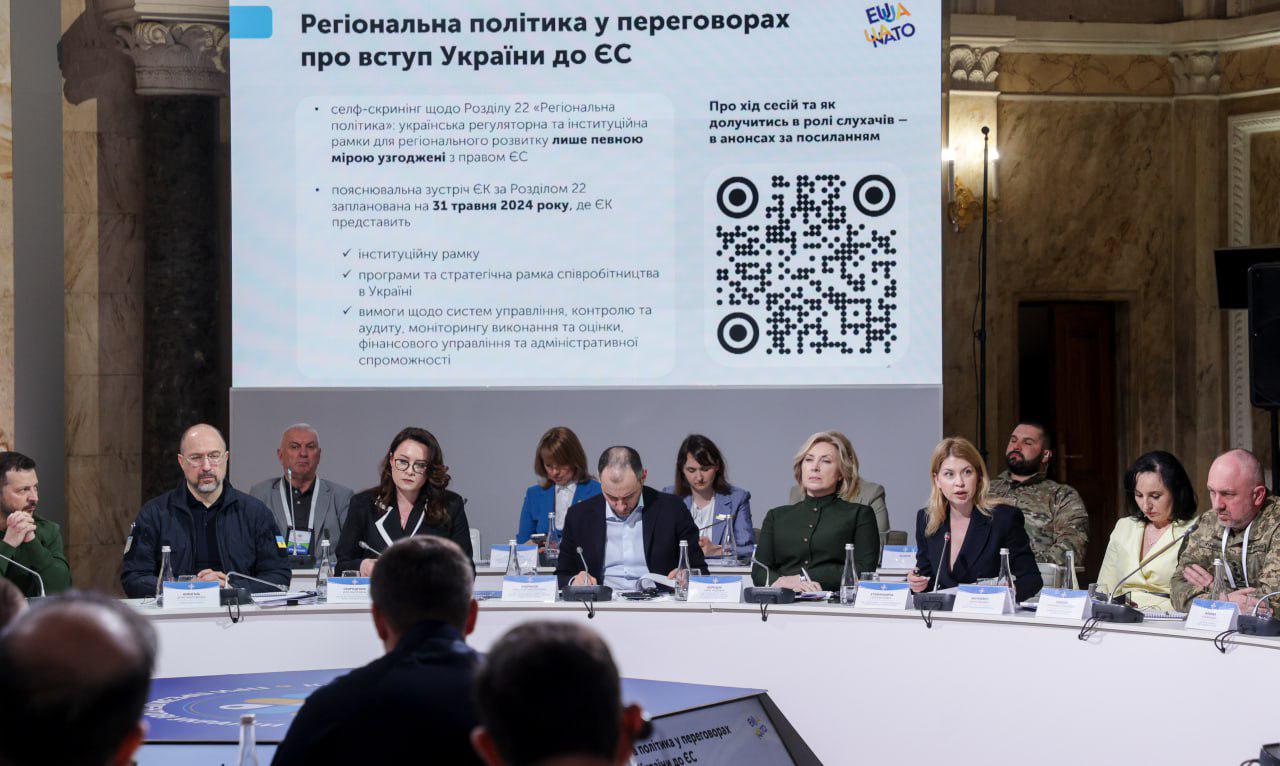
On 12 April, Olha Stefanishyna, Deputy Prime Minister for European and Euro-Atlantic Integration of Ukraine, informed the Congress of Local and Regional Authorities under the President of Ukraine about regional development opportunities through EU cross-border cooperation programmes and other European integration instruments.
“We are moving along our European integration path in accordance with the calendar, including the official start of negotiations. We keep assessing our future commitments, and starting from June, the whole summer will be devoted to evaluating Ukrainian policies, the level of their implementation and compliance with European standards,” the Deputy Prime Minister said.
In this context, she noted that an explanatory session would soon take place as part of the official screening under Title 22 of EU law, Regional Policy and Coordination of Structural Instruments, and called on everyone to join the explanatory meetings to understand the details and challenges of the accession process.
“All our regions must learn how to use European structural funds, establish partnerships and adopt European practices and policies. Please note that those European regions that use a maximum of 75% of structural funds (the highest rate in the European Union) achieve such high results due to two things: effective teams and the availability of necessary capacities,” Olha Stefanishyna emphasised.
An important component of the regional dimension of European integration is learning from the experience of European municipalities. In particular, the European Committee of the Regions (CoR) can be a good platform for finding partners from the EU. Today, the CoR provides premises for the opening of representative offices of Ukrainian cities and regions, and can mediate the process of establishing partnerships between European and Ukrainian cities and regions. And the existing cross-border cooperation programmes make it possible to attract EU funding for regional development projects. Thus, in December 2023, 5 agreements were signed on financing Interreg programmes for the period 2021-2027.
Separately, in the context of European integration development, the Deputy Prime Minister emphasised the available tools to expand the knowledge and capacity of the regions, in particular in the preparation and implementation of projects. As part of the Natolin4Capacity Building programme implemented by the College of Europe in Natolin, 16 online courses on recent EU policies have been adapted and translated into Ukrainian, including courses covering regional development and access to EU financial instruments.
“Finally, I would like to make a special mention of Zaporizhzhia, Dnipro, Chernivtsi, Mukachevo, Lviv, Kherson, Kharkiv, Poltava, Odesa and Kropyvnytskyi. These are the cities that have set up Survivor Assistance Centres that provide comprehensive assistance to citizens who have fled the war. Such projects are possible thanks to the close cooperation of local authorities and international partners, thanks to the ability and desire to work together for the benefit of Ukrainians,” the Deputy Prime Minister added.
Other news
All news








